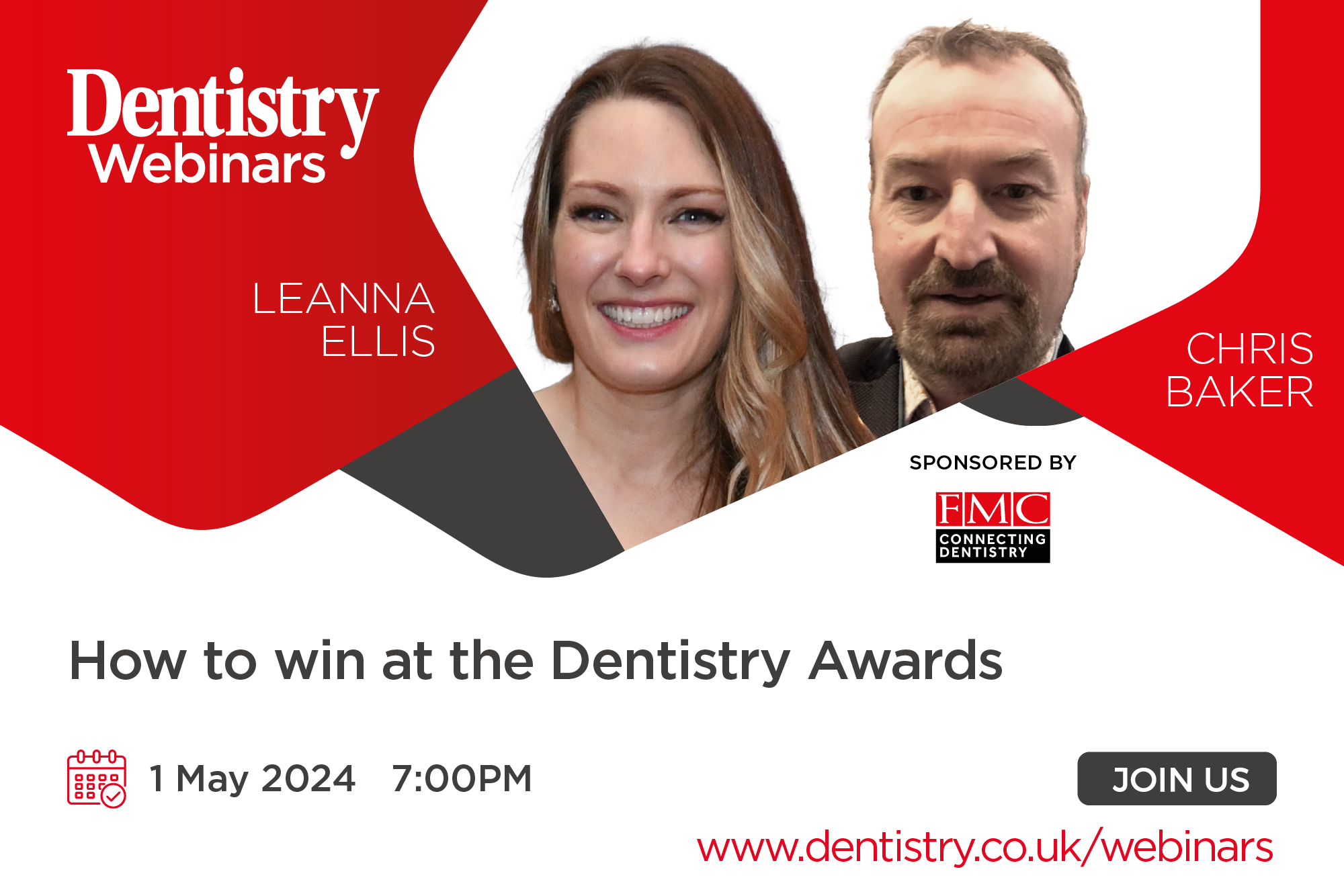
Around one in seven adults are addicted to ultra-processed foods, according to new research, sparking demands for better labelling.
The study – published in the BMJ – concluded that ultra-processed foods (UFPs) high in refined carbohydrates and added fats are ‘highly rewarding, appealing, and consumed compulsively’, and also ‘may be addictive’.
After an analysis of 281 studies from 36 different countries, researchers estimate that ultra-processed food addiction occurs in 14% of adults and 12% of children.
‘Unprecedented’
This reported prevalence is similar to the levels of addiction seen for other legal substances in adults, the study suggests. For example, 14% for alcohol and 18% for tobacco.
However, the researchers say the level of implied addiction in children is ‘unprecedented’.
Examples of UPFs include ice cream, sausages, ham, crisps, mass-produced bread, fizzy drinks, breakfast cereals and biscuits.
UFPs can have the same effect as drugs with people experiencing intense cravings and symptoms of withdrawal, the researchers added.
They said behaviours around UFPs may meet the criteria for diagnosis of substance use disorder in some people.
As a result, they suggest labelling UFPs as ‘addictive’ might help people change their behaviour and eating habits.
‘There is converging and consistent support for the validity and clinical relevance of food addiction; what remains a more open question is the types of foods that are addictive,’ said lead author Ashley Gearhardt and colleagues.
‘Despite the uncertainty, classifying foods as addictive could stimulate research and shift attitudes to regulation.’
Higher costs
This comes as families are opting for processed foods, ready meals and eating less healthily due to the cost of living crisis.
This is according to the BBC Good Food Nation survey.
Findings show that almost one in five Britons (19%) are eating more processed foods because they are cheaper. More than two thirds of people (69%) said they considered themselves as healthy eaters.
However, almost one third (28%) said they were eating less nutritious food because the cost is too high.
Follow Dentistry.co.uk on Instagram to keep up with all the latest dental news and trends.



